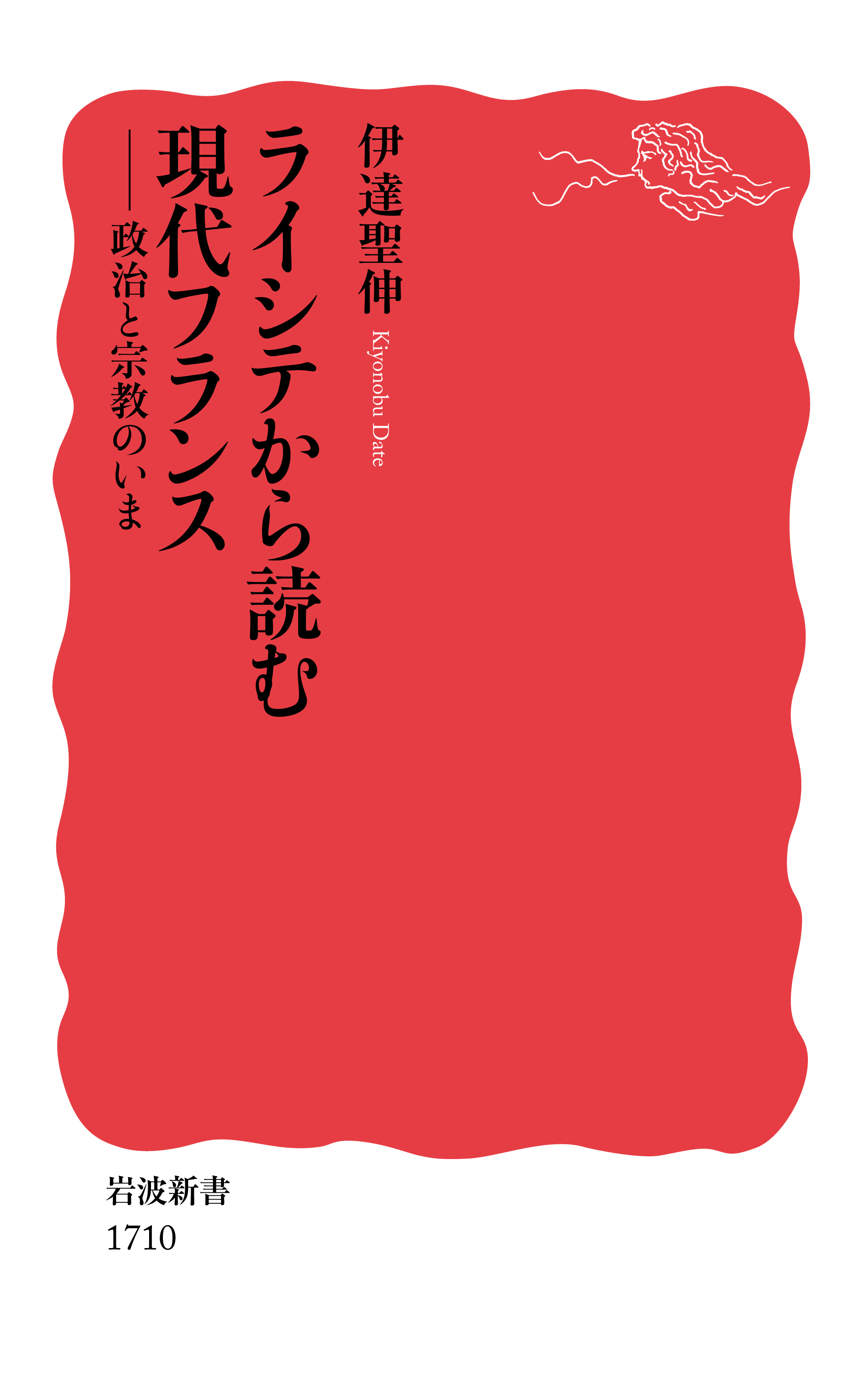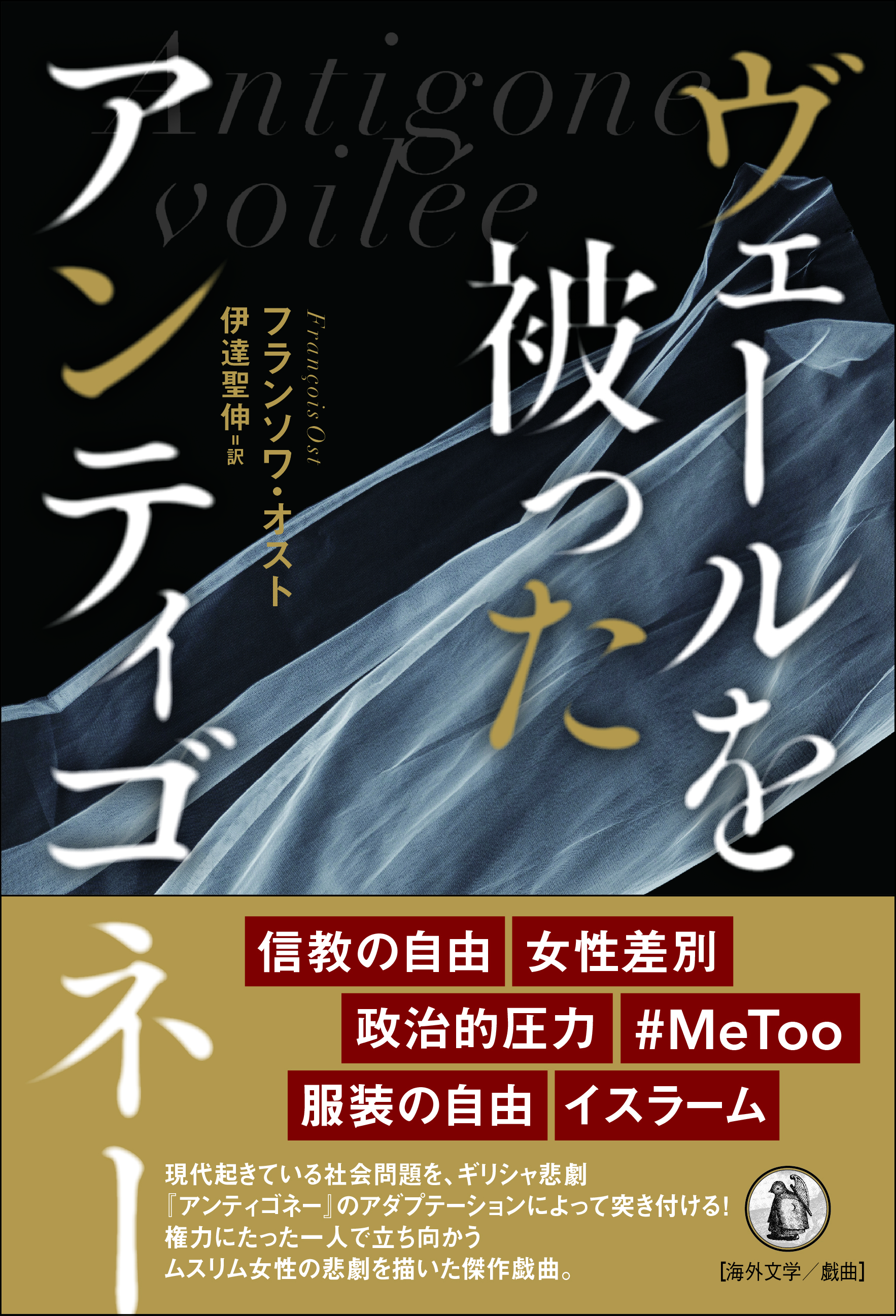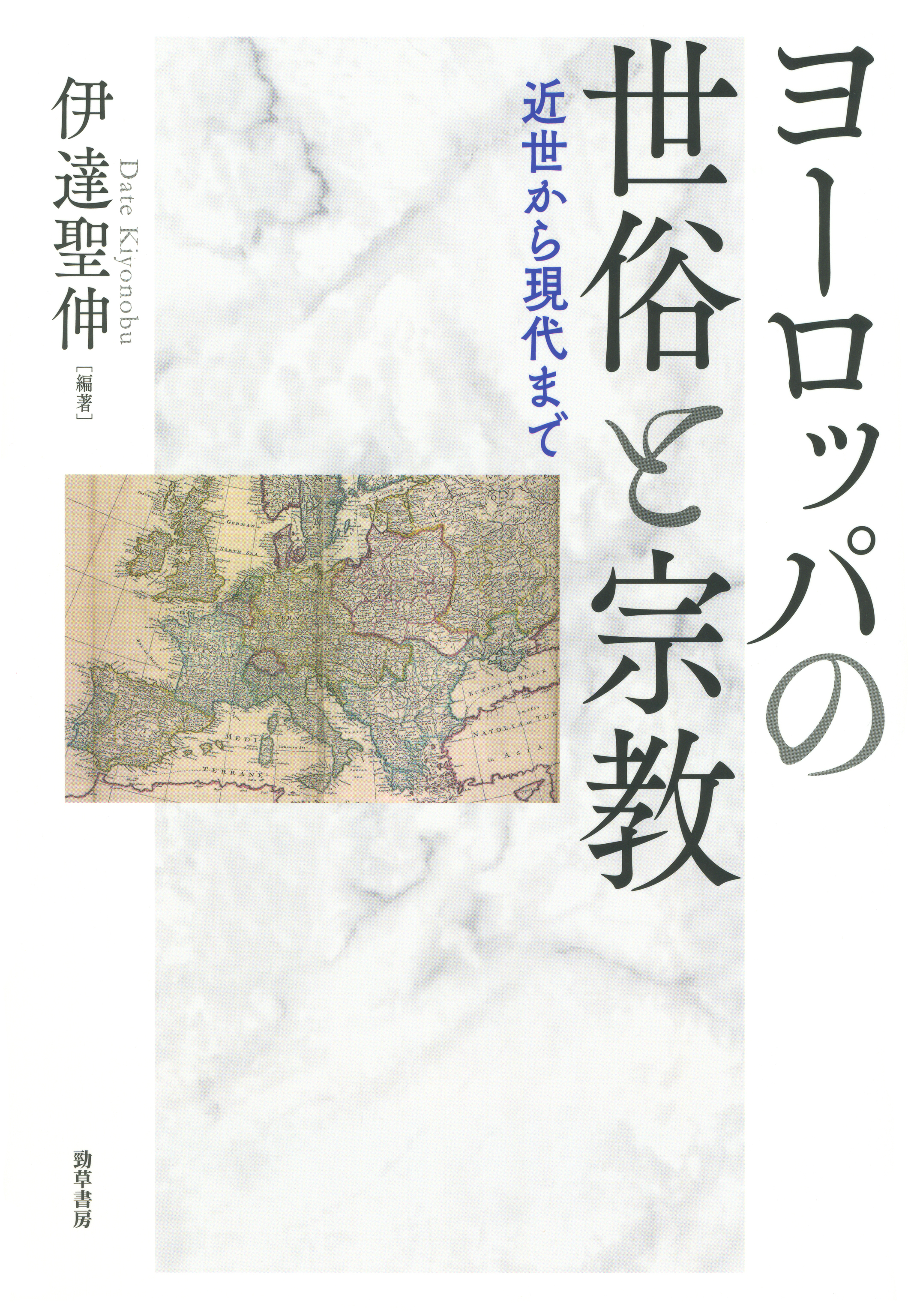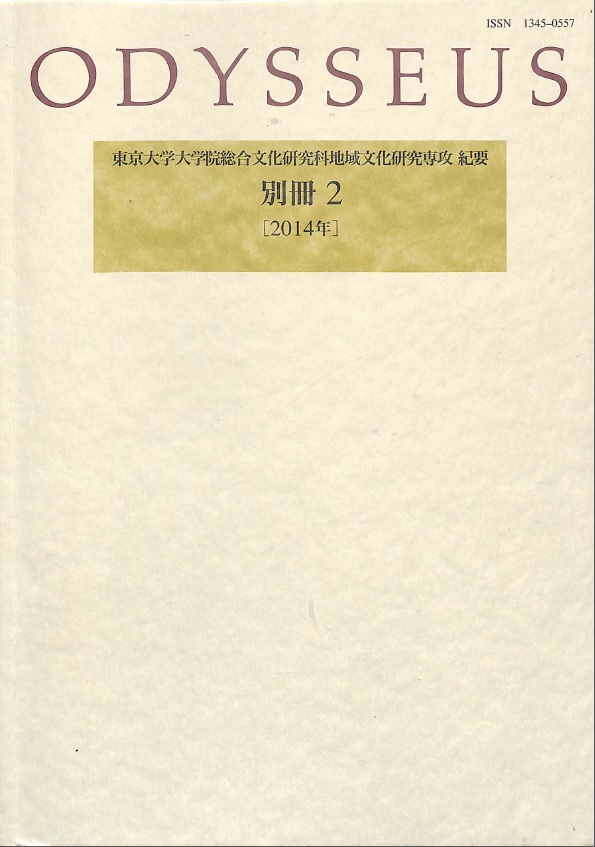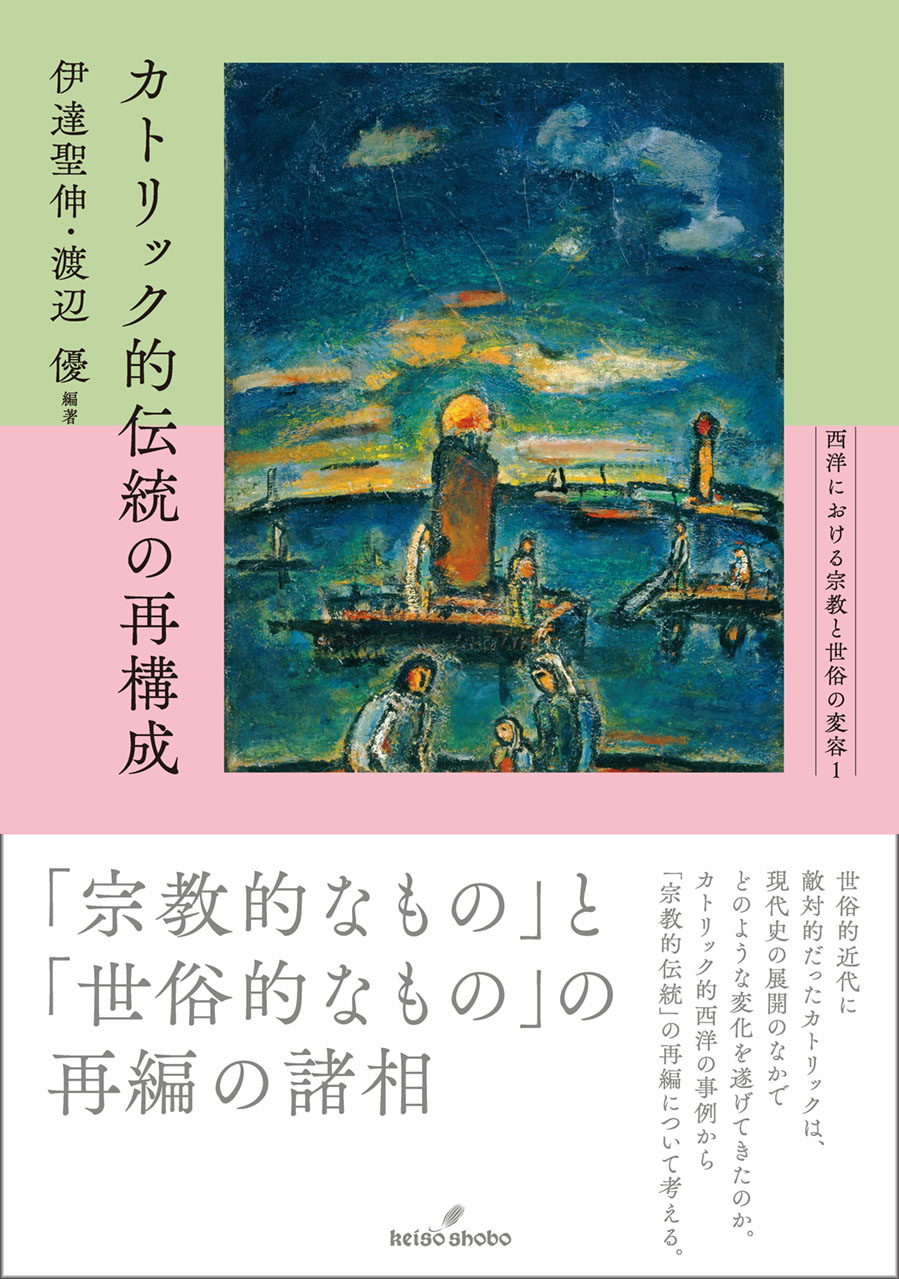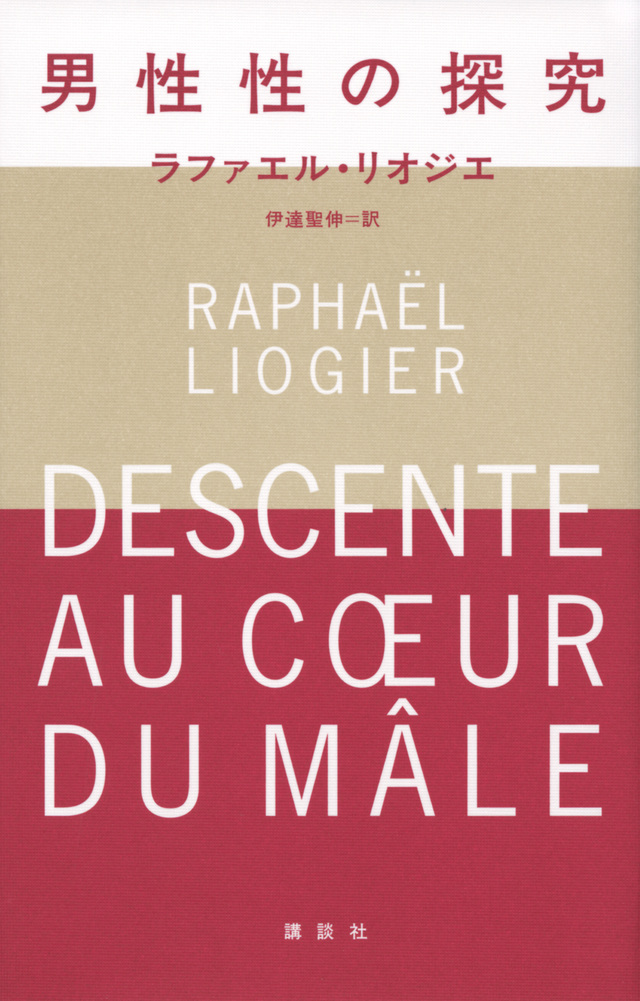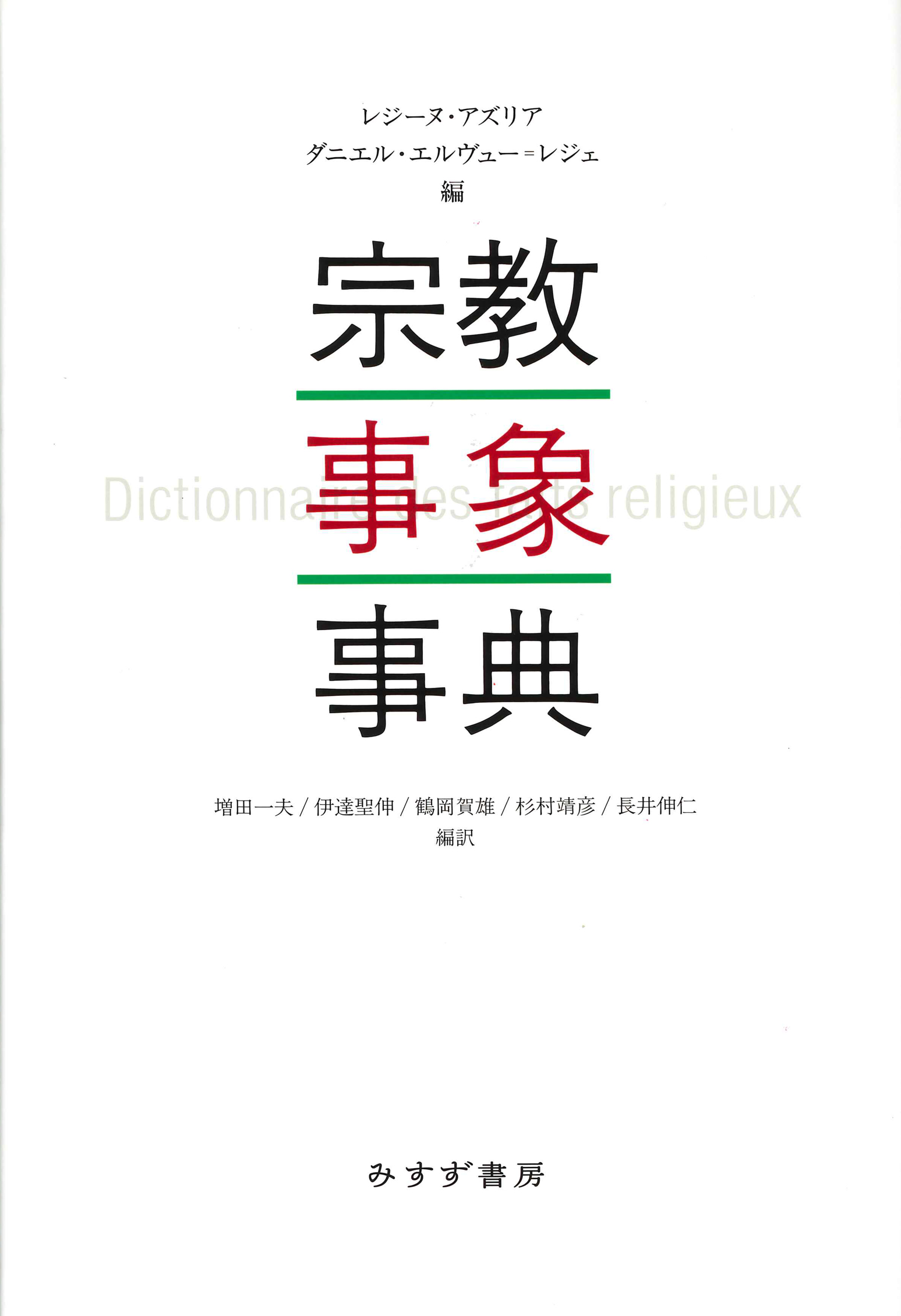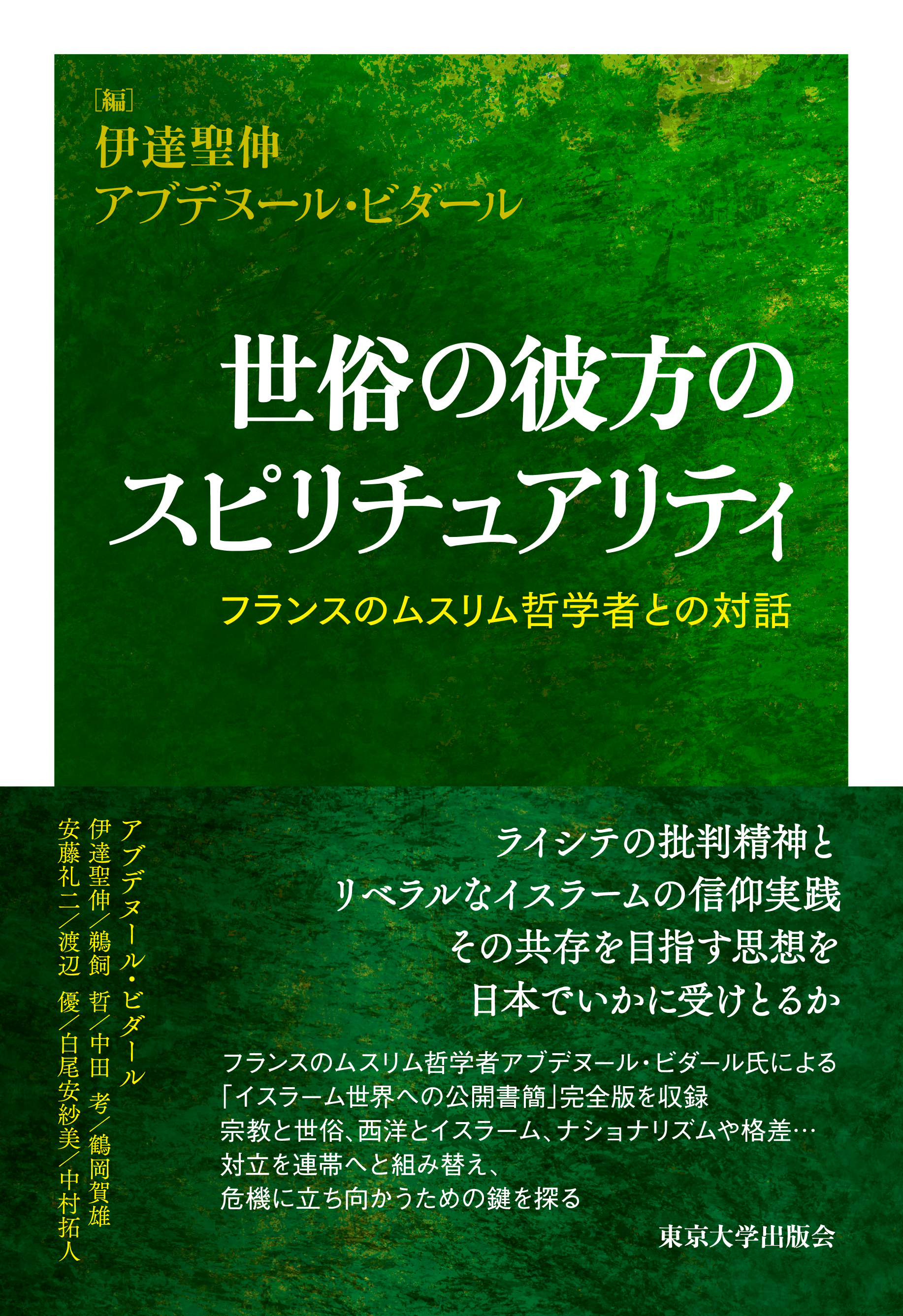
Title
Sezoku no Kanata no Spirituality (Spirituality beyond Secularism - Dialogue with a French Muslim philosopher)
Size
296 pages, 127x188mm
Language
Japanese
Released
December 17, 2021
ISBN
978-4-13-010417-3
Published by
University of Tokyo Press
Book Info
See Book Availability at Library
Japanese Page
This book is based on three symposiums and dialogues held in 2019 by inviting the French-Muslim philosopher, Abdennour Bidar, to Japan. Let me introduce the behind-the-scenes story of how I met and invited him. In my book “Laïcité” as the Key to Understanding Contemporary France - The Current State of Politics and Religion published in 2018, there are paragraphs that discuss Mr. Bidar, and his photograph is on the same page. When the Charlie Hebdo incident happened in Paris in January 2015, his essay, “An Open Letter to the Muslim World,” was widely read in the French-speaking world. However, as he seemed to be practically unknown in Japan, I decided it would be better to include his photograph. When I presented this book to a friend in France who could not read Japanese, that friend recognized Mr. Bidar from the photograph and said that he could introduce me to him, and we thus became acquainted.
Many Japanese believe that France has established a strict separation of church and state called Laïcité, and that Islam, which does not separate politics from religion, is incompatible with it. Mr. Bidar is a philosopher who supports the idea of Laïcité while practicing his faith as a liberal Muslim in France. I hoped that, by inviting him to Japan and listening to his story, the Japanese audience would understand that it is not only possible for both Laïcité and Islam to coexist, but also to break through the problems of the current situation and express hope. In doing so, it would be even better if Mr. Bidar could have discussion partners who could broaden his points and raise objections toward his arguments. This is how the symposiums and dialogues were planned.
This book begins with a translation of “An Open Letter to the Muslim World,” and in Part I, after listening to Mr. Bidar’s arguments, Mr. Ko Nakata speaks from the perspective of Japanese Muslim, and I have a talk with Mr. Bidar from the perspective of comparing religion and secularism in Japan and France. In Part II, we explore the commonalities in the seemingly disjointed lives of three people: Muhammad Iqbal, D.T. Suzuki, and Michel de Certeau, who tried to survive the critical period of the 20th century using their spirituality as a guide.
From a broader perspective, the modern age can be characterized by the shift from the era of religion to the era of secularity, and the present age can be considered as the era in which the nature of secularity is in turmoil. If it is difficult to use the term “post-secular” to refer to “the era after secularity,” we can use it in the sense of a discussion and a way of life that adopts a critical attitude toward the trends of the secular age and its critical aspects. We can say that the critical spirit was born at the same time as the secular age. This critical spirit is all the more relevant at present, and it also allows for fruitful dialogue with thinkers of the past. I would be grateful if the readers interpreted the message of the book as such.
(Written by DATE Kiyonobu, Professor, Graduate School of Arts and Sciences / 2022)



 Find a book
Find a book


 eBook
eBook